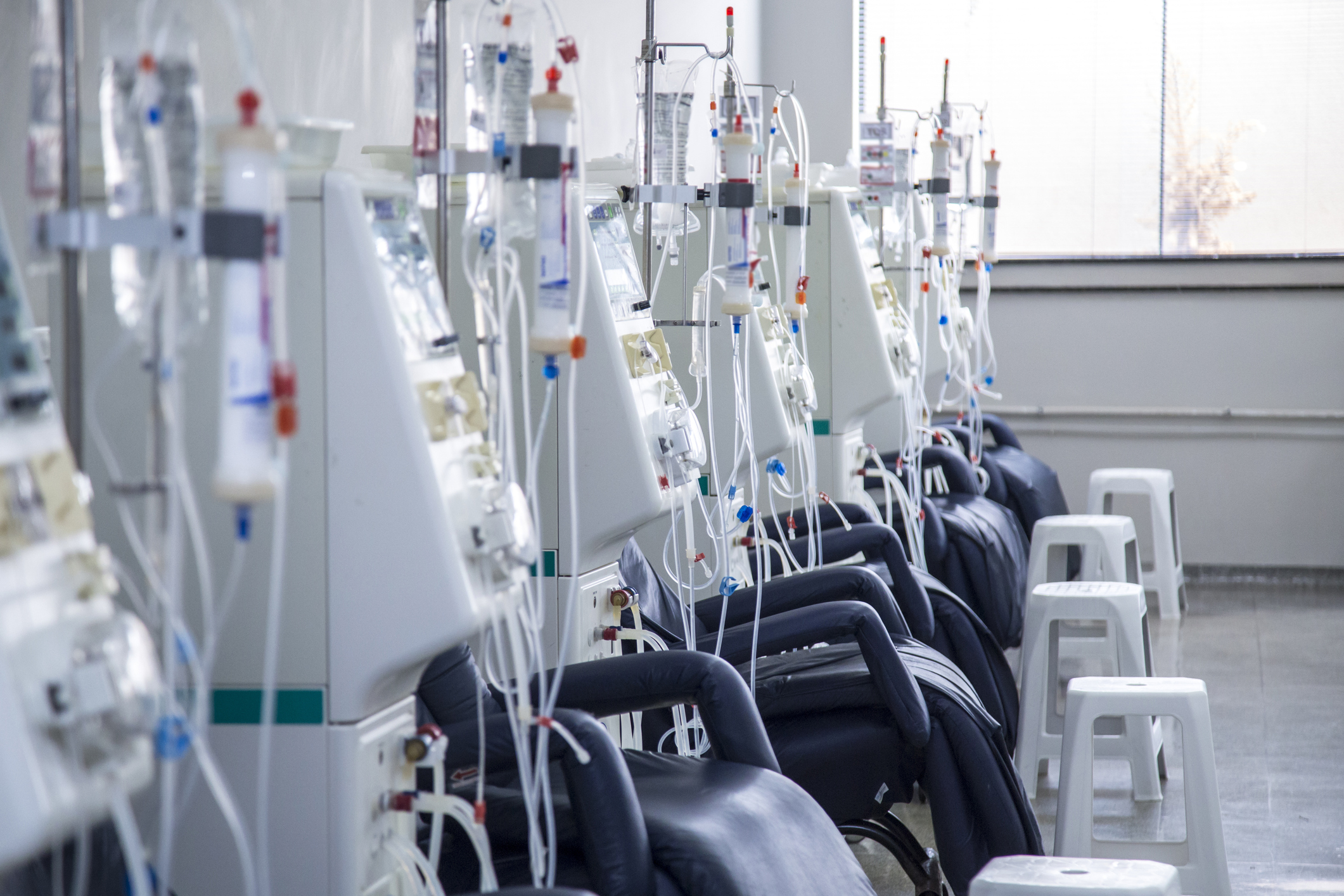Ultrapure Water Benefits Patients on Dialysis
22 Feb 2020

Ultrapure water is not only an essential reagent for laboratory research, but may also be beneficial for dialysis patients – according to the results from a new study. But what do you know about the quality of the water you’re using in your experiments?
People with kidney disease receiving dialysis are exposed to hundreds of litres of water every week. So, it’s possible that even tiny traces of bacteria and endotoxins could have detrimental effects.
In fact, the quality of their dialysis-water can contribute to inflammation – the natural defence the body takes on when it is under attack. Chronic inflammation is not good news for people with kidney disease. It is a potent trigger of cardiovascular disease and can also contribute to anaemia. All in all, it increases the chance of losing their lives.
A team of scientists at the University of Naples set out to investigate if using improved ultrapure water is a better choice for people receiving dialysis for kidney failure. In a small prospective study involving 32 patients, their results suggest that using an additional ultrafilter to improve dialysis-water quality may indeed have health benefits. (Reference: https://link.springer.com/article/10.1007%2Fs40620-017-0422-x) Patients receiving this ultrapure water had improved haemoglobin levels and a reduction of inflammation markers in their blood. As a result, they were able to reduce their medication to treat their anaemia.
Although these results remain speculative, the researchers hope it will lead onto bigger studies to investigate whether using improved ultrapure water can reduce inflammation and improve survival for patients. With almost 30,000 people on dialysis in the UK alone, the impact could be huge.
Ultrapure Water is Also Essential in the Lab
These exciting new clinical results won’t necessarily be a surprise for research scientists.
In a similar way to patients receiving dialysis treatment, even the tiniest traces of impurities can have detrimental effects on sensitive experimental laboratory techniques. If you have already experienced frustration from water impurities impacting on your ability to achieve consistent, accurate results, the good news is that it’s one factor that’s easily avoidable! Removing water impurities is essential for many experiments and easy to achieve by using a guaranteed and reliable source of ultrapure water in the laboratory.
But if you’ve ever explored this further, it’s easy to feel overwhelmed – as there are a wide range of water purification techniques and a plethora of measurements and standards to gauge quality.
However, help is at hand from the experts at ELGA LabWater.
When Should I Use Ultrapure Water?
We have an easy reference list of common applications and the water purity you need. Check out our handy categories:
- Ultrapure water (Type I) is endotoxin-free, with undetectable levels of nucleases and proteases. Use this for analytical techniques like High-Performance liquid chromatography (HPLC), molecular biology applications like single molecule polymerase chain reaction (PCR), or mammalian cell culture.
- Type II is for your general laboratory use, such as the preparation of media or buffers.
- Type III is good for everyday things like rinsing glassware and filling water baths.
And we also have a range of ultrapure water purification systems that can be installed in your laboratory, so you can have a source of high-quality ultrapure water on tap.
So, the next time you’re experiencing the pain of an experiment that stops working, or if you’re struggling to achieve a reproducible result – it could be as simple as checking that your lab water is of the right quality to give you the best chance of success!
Dr Alison Halliday
After completing an undergraduate degree in Biochemistry & Genetics at Sheffield University, Alison was awarded a PhD in Human Molecular Genetics at the University of Newcastle. She carried out five years as a Senior Postdoctoral Research Fellow at UCL, investigating the genes involved in childhood obesity syndrome. Moving into science communications, she spent ten years at Cancer Research UK engaging the public about the charity’s work. She now specialises in writing about research across the life sciences, medicine and health.
